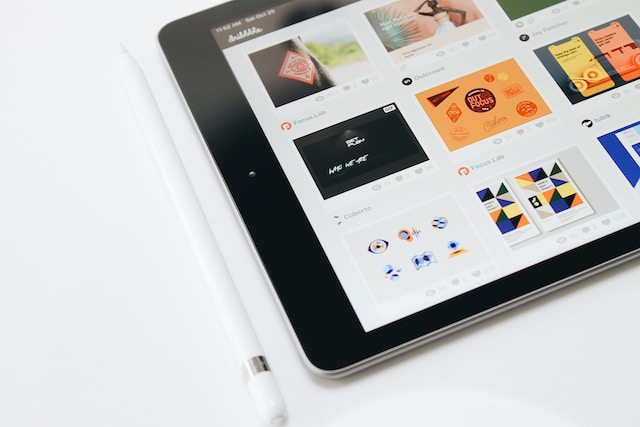To remain at the forefront of the design industry, it’s crucial to continually explore the dynamic and evolving landscape of digital graphic design. In this fast-paced digital realm, designers must embrace emerging technologies, stay updated with the latest design trends, and adapt their skills to create visually engaging and relevant content.
By doing so, they can ensure their work remains innovative and resonates with audiences in an ever-changing digital environment, ultimately maintaining their competitive edge in graphic design.
The Evolving Landscape of Graphic Design for Digital Media
Graphic design for digital media is a constantly changing, shaped by technological advancements and shifting cultural preferences.
Staying up-to-date with the latest trends is essential for designers looking to create impactful digital visuals.
Explore Current Visual Design Trends and their Impact

Current visual design trends include minimalism, bold typography, and the use of vibrant, eye-catching colors. These trends are often driven by changes in user behavior and expectations, as well as advancements in design tools and software. Minimalism, for instance, is a response to the need for simplicity and clarity in an increasingly cluttered digital landscape.
A notable case study in adapting to digital design trends is the rebranding of major companies such as Airbnb and Slack. These companies embraced modern design trends to refresh their visual identities, making them more appealing and relevant to today’s audiences.
Staying Ahead
To stay ahead in digital design, designers should continually refine their skills, stay informed about emerging trends, and seek inspiration from the work of others. Online communities and design-focused social media platforms can be valuable resources for networking and learning.
Moreover, it’s essential for designers to understand that trends come and go. What’s considered “modern” today may evolve into something else tomorrow. Therefore, a deep understanding of design principles and the ability to adapt to changing trends are equally important.
Graphic design for digital media is a dynamic field that requires adaptability and a keen eye for current trends. Designers who embrace innovation, stay connected with the design community, and maintain a strong foundation in design principles are well-positioned for success in an ever-changing digital landscape.
